Drawing Leadership Lessons from Nature
"Come forth into the light of things, let nature be your teacher." -William Wordsworth
One of the reasons we celebrated the eclipse last week was because it got everyone looking up to the sky instead of down at their phones or their feet, feeling the wonder of the universe rather than the gloom of the doomscroll.
In recent coaching and facilitation, we ask a simple question as a way to warm-up: When is a time you stood in awe of the wonders of nature? Answers range from spearfishing in Puerto Rico to sailing alongside a whale in the Atlantic ocean to standing on the rim of the Grand Canyon. For Andrew, hiking with the family to the Ka’ena Point last year to see albatross and monk seals in their element stands out. For Ariel, it was a recent hike to McAfee Knob on the Appalachian trail.
When is a time you stood in awe of the wonders of nature?
How would you answer that question? (And stay tuned next week to hear former REI CEO and former Interior Secretary Sally Jewell share her answer!)
We strive to connect leadership development and nature wherever possible. This might mean holding a session in Shenandoah National Park or the woods of West Virginia. It may involve getting leaders outside in DC, to experience the power of the National Mall, a remarkable stretch of land. It may involve invitations for leaders to spend regular time outside, something we talked about last week. And it often includes metaphors found in the natural world that convey principles of leadership. We’ll leave you with a few.
On Curiosity
On a recent trip to Hawaii, we discovered a cove full of sea turtles, tropical fish and a beautiful reef. It was not easy to find and looking at it from above the water, you would never know what was beneath the surface. In this picture our son, whose head was above the water at the moment, could not see the amazing creature right in front of him.
As a leader, it's crucial to take the extra effort to see what is beneath the surface. Too often we work off of our own assumptions and miss out on the deeper values and motivations that our teammates possess. Stay curious about those you lead and don't be afraid to go beneath the surface. You will be amazed and perhaps even in awe of what you discover. In the process, you may also help them see themselves in new ways.
On Systems
In the late 1800s, settlers in North America depended on livestock for their survival. They saw wolves and other predators as the enemy to the livestock, and rushed to a decision to eradicate them. This set off an extermination campaign that lasted decades and nearly annihilated the gray wolf in the continental United States.
The unintended consequence was an imbalance of ecosystems across the country, especially in places like Yellowstone. Without predators, other animal populations went unchecked. They over-grazed shrubs and tree sprouts, devastating ecosystems and habitats for smaller animals. We've made a slow recovery and wolves remain on the endangered species list.
Are you quick to disregard practices, ideas or people that don’t fall comfortably into your experience and narrow system? Or do you take time to consider that seemingly contrary perspectives might be sustaining and enabling the broader system in important ways? How many differing perspectives do you seek before making a decision?
Imagine if these early leaders had taken the time to understand the seeming danger found in those that didn't conform to their immediate comfort before acting out in fear and violence. Hundreds of years later, our landscape would be more diverse and vibrant.
On Stewardship
"We do not inherit the earth from our ancestors, we borrow it from our children." It's very hard to pin down attribution to the famous quote but we’ve always loved the perspective. Here's a picture of Beleza, hiding under a gorgeous azalea backdrop. We moved during the pandemic, and have no idea who planted these azaleas and other plants and trees in our yards, but we wish we could thank them as we are seeing new colors pop up every week.
Is there a leader you can thank today whose past influence has given you greater joy and purpose? And what seed can you plant today for a future leader to enjoy in years to come?
Love,
Andrew and Ariel





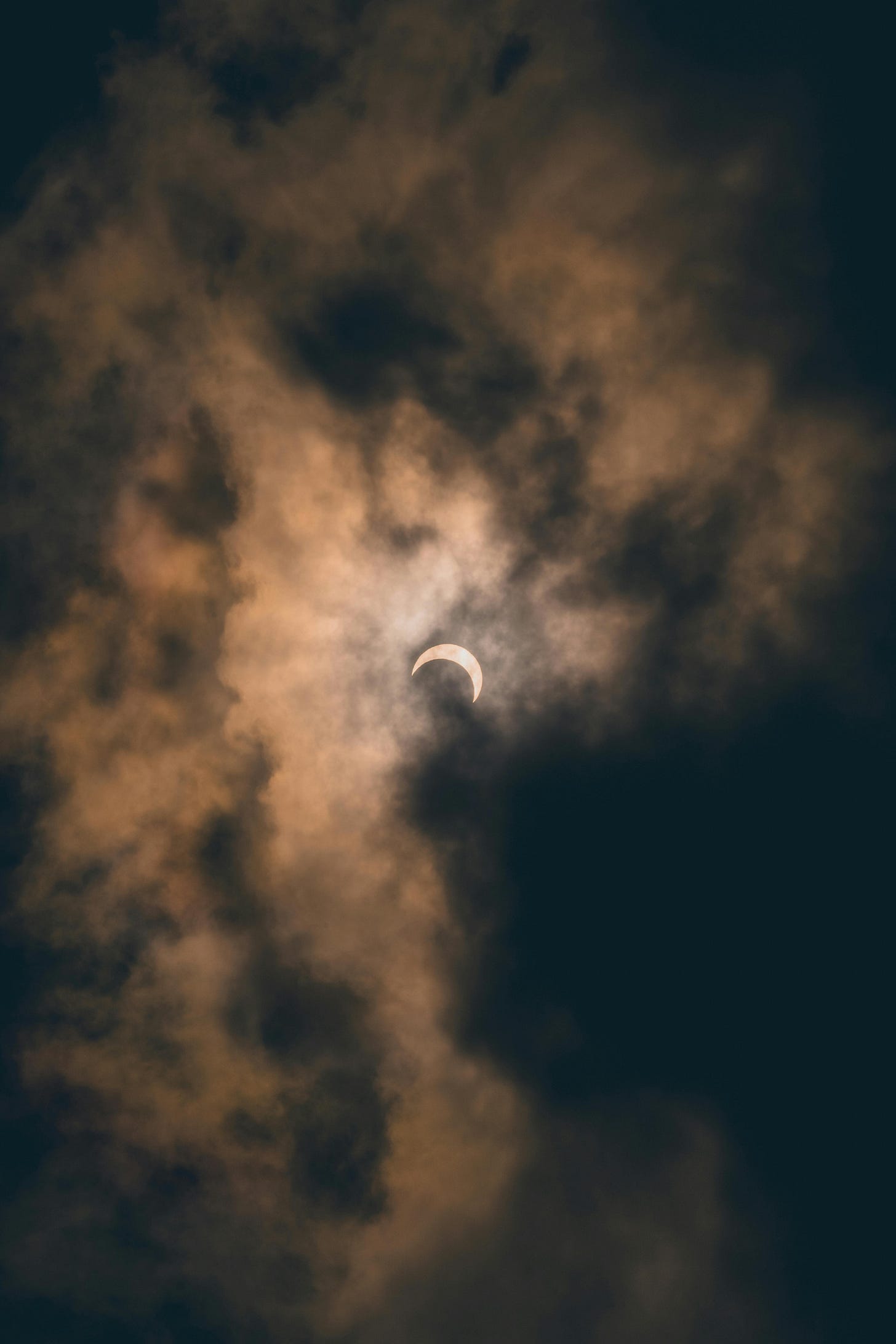
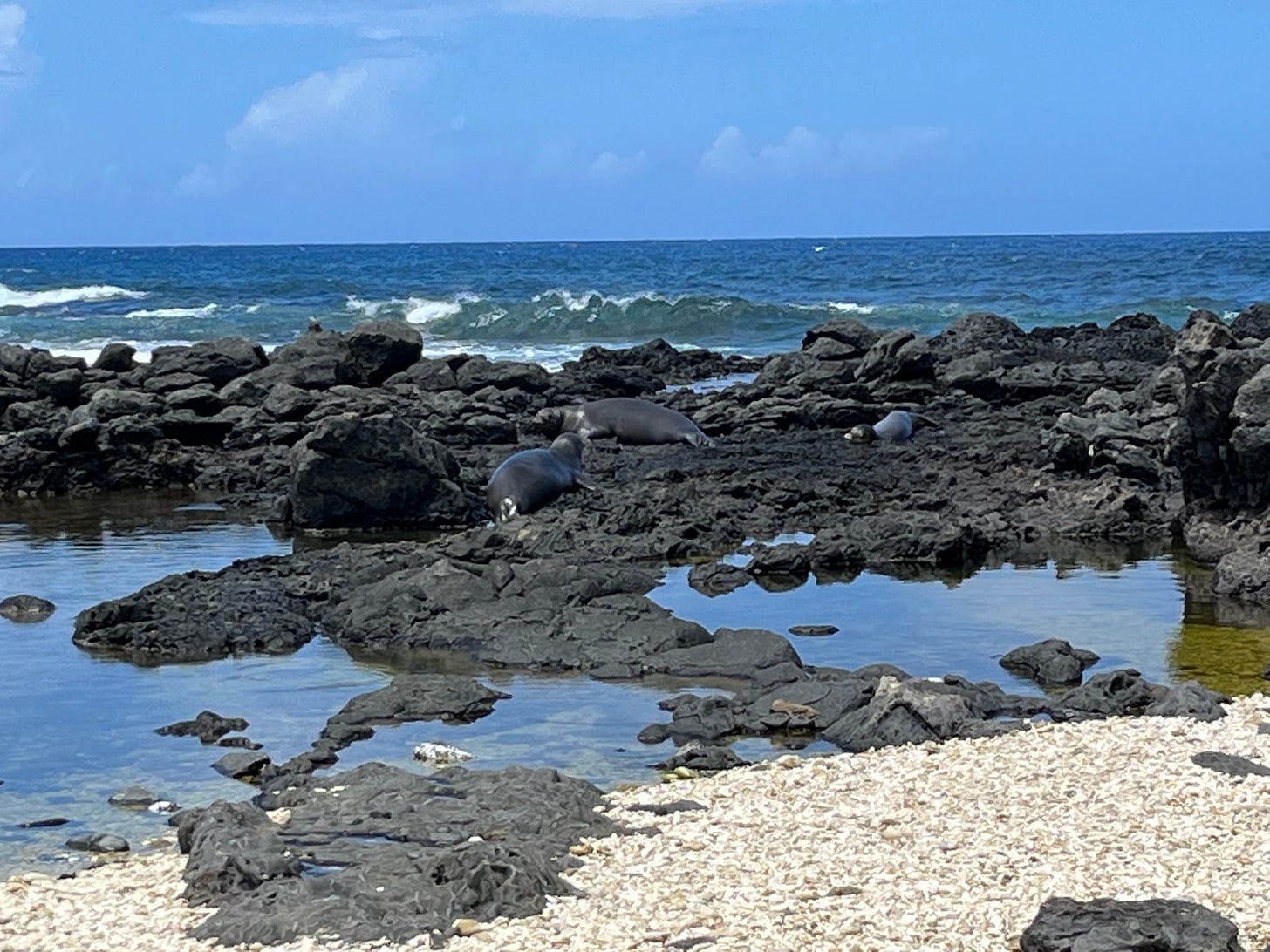
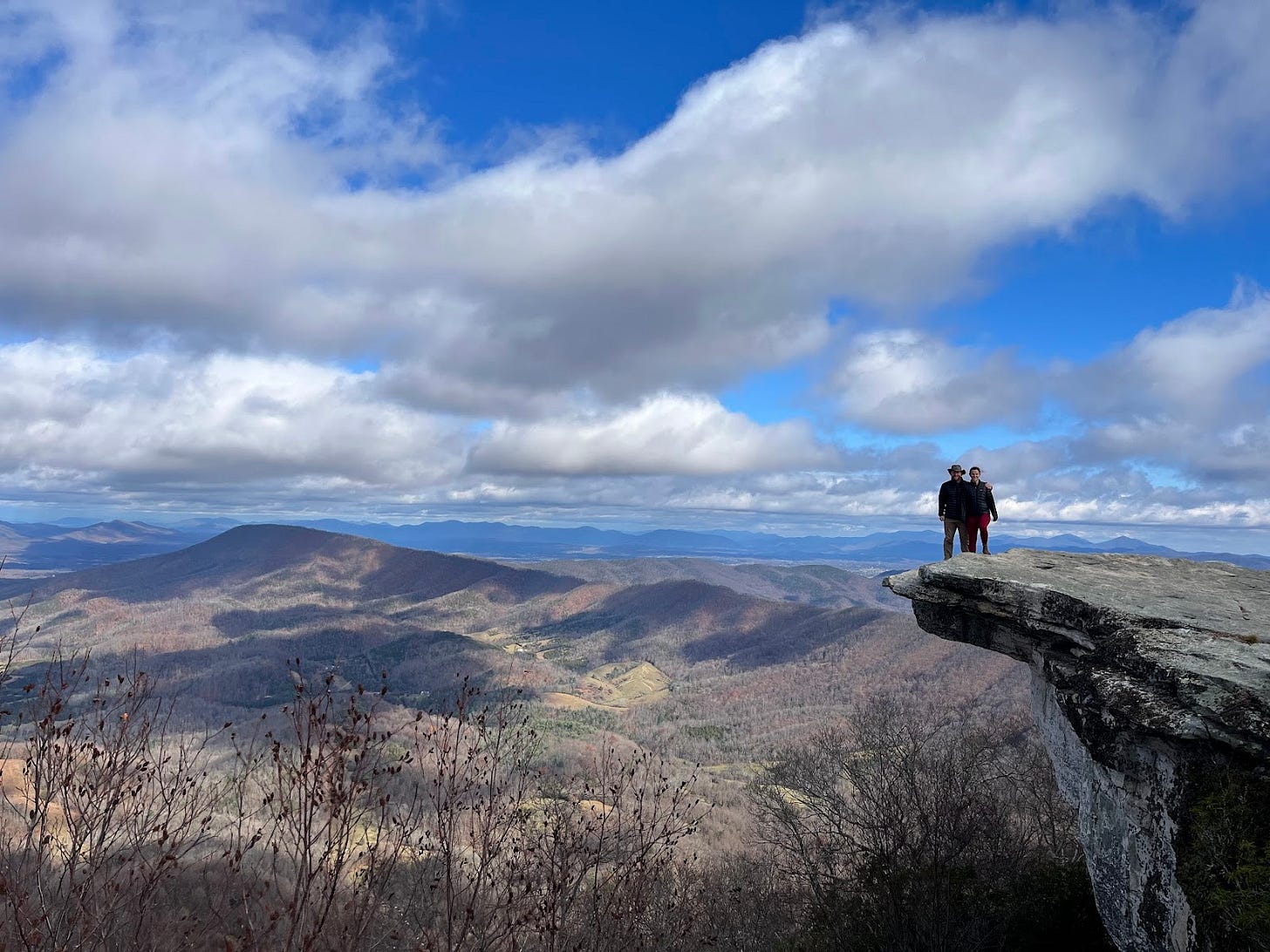
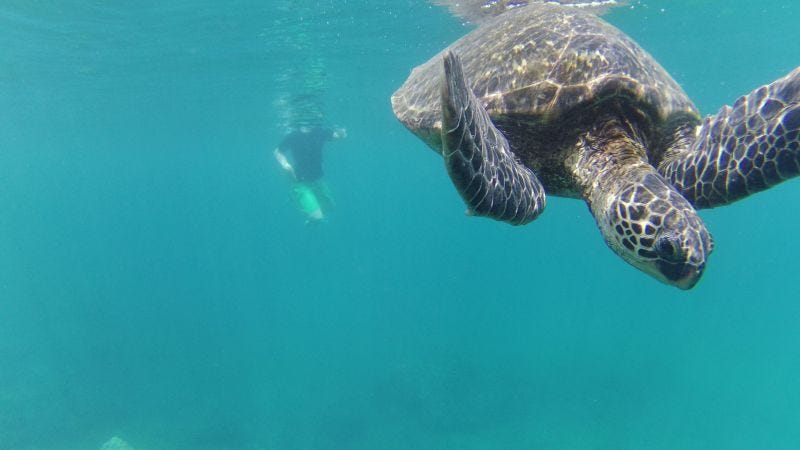

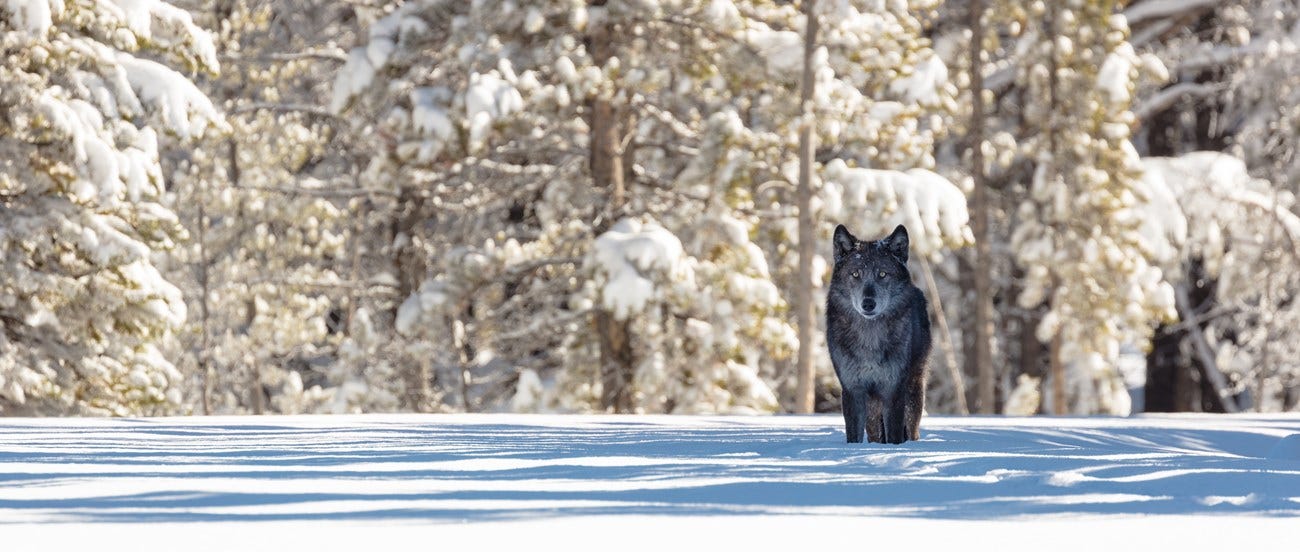

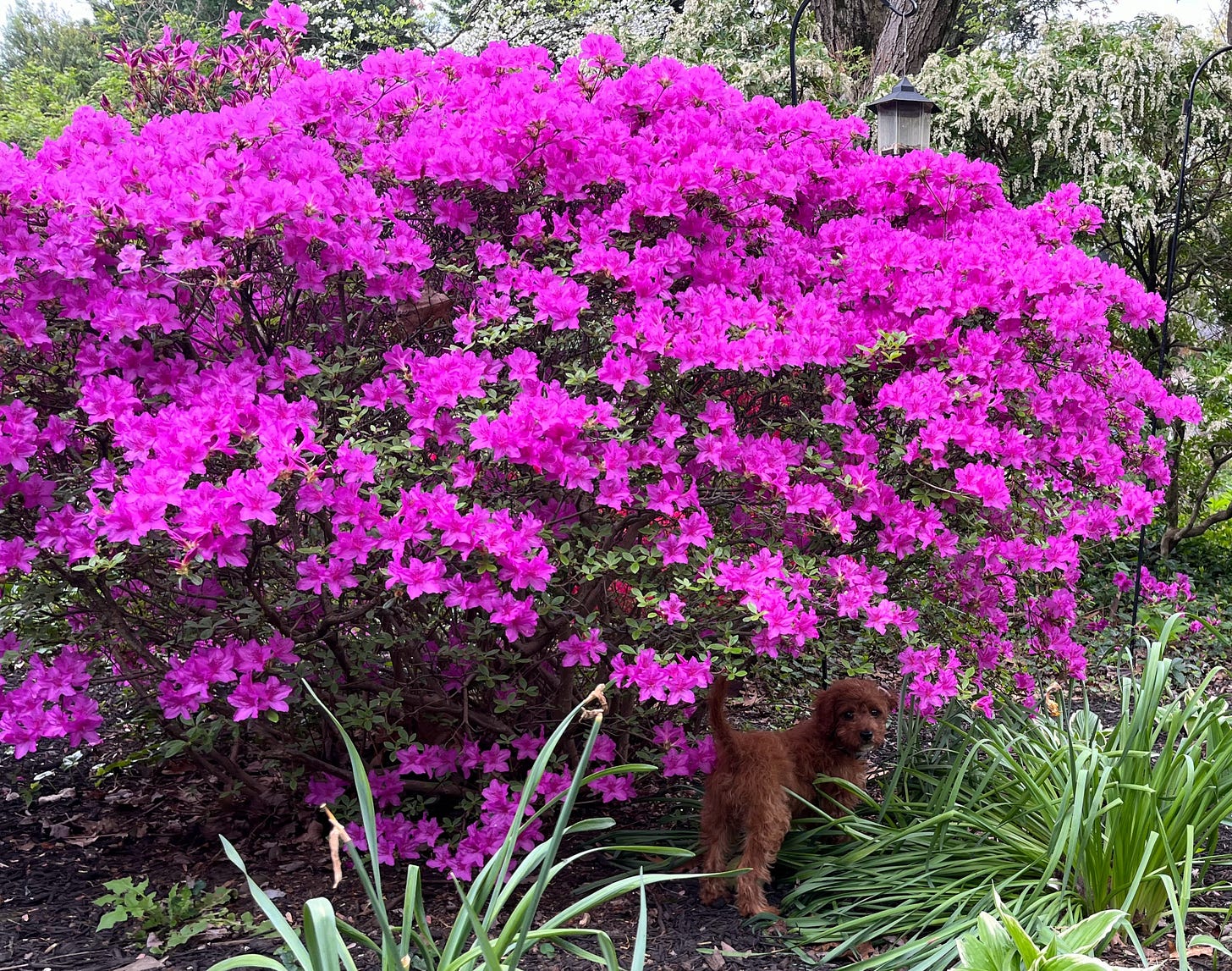

Beautiful post! Especially about seeking to understand a holistic ecology before eradicating or altering any part of it. Also we might observe an animal's behavior and assume it is a natural behavior, when what we witness is actually a response to our own presence or behavior. Hope to see you back in the Shenandoah soon!